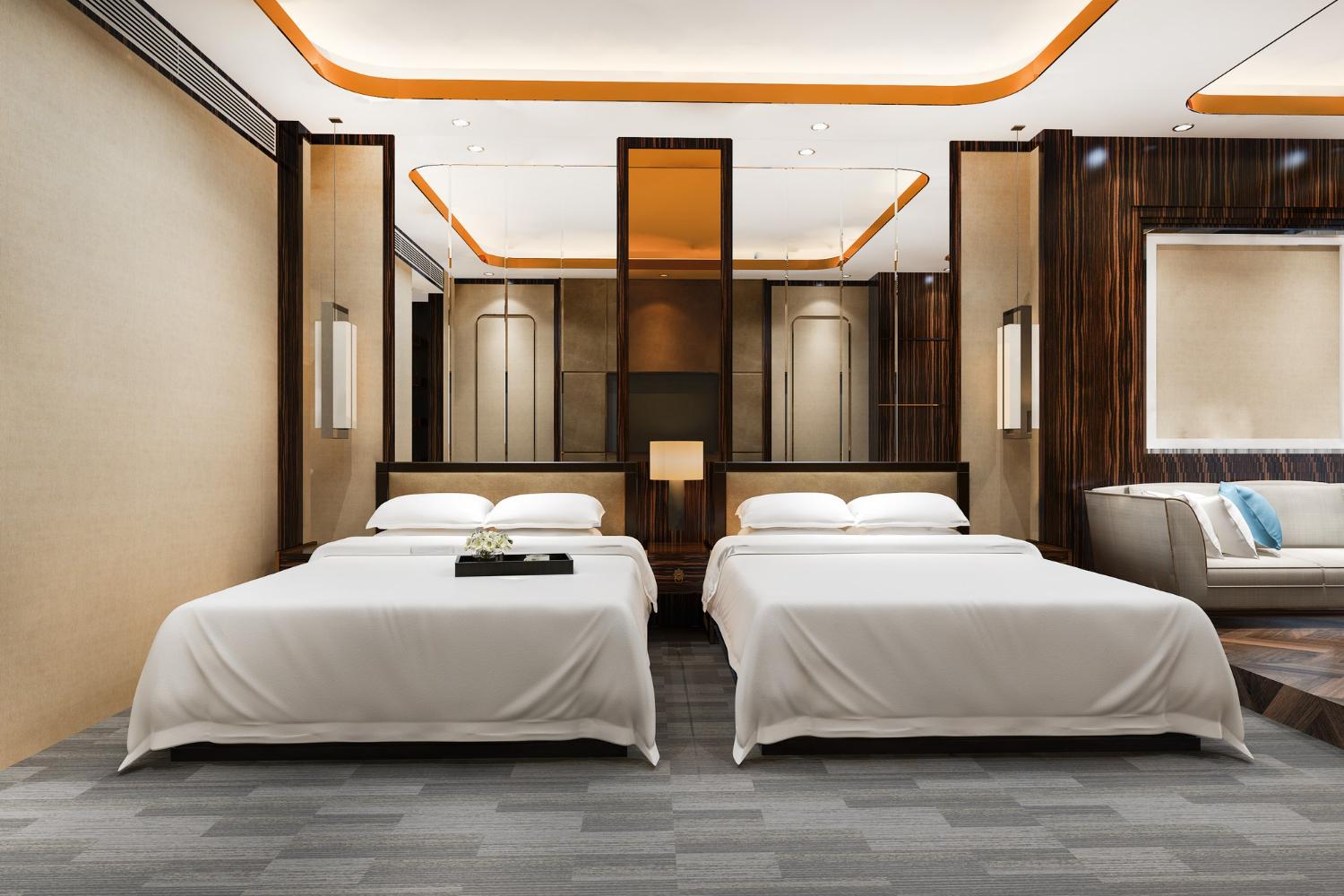5 Tips to Stay in a Hostel in Mumbai (2025 Guide)

Mumbai, known for its fast-paced life, cultural diversity, and vibrant energy, attracts students, working professionals, and travelers from all over the country. With living costs continuing to rise, especially in central locations, hostels remain one of the most practical accommodation options for those seeking affordable and community-driven living. In 2025, staying in a hostel in Mumbai isn’t just about saving money — it’s about convenience, safety, access, and making the most of the city’s opportunities.
However, navigating hostel life in a dynamic city like Mumbai comes with its own set of challenges and expectations. Whether you're a student shifting here for the first time, or a young professional exploring job prospects, here are five updated and realistic tips for making your hostel stay smooth, safe, and fulfilling in 2025.
1. Prioritize Location Based on Daily Commute
Mumbai is a city where distance is measured more in time than in kilometers. In 2025, the city has expanded its metro and public transport coverage significantly, but traffic congestion and commuting time are still real concerns. When choosing a hostel, don’t just look at the price—focus on how close it is to your college, office, or key travel routes.
A hostel near a metro station or a major railway line (like the Western, Central, or Harbour Line) can significantly cut down your commute stress. If you’re attending classes or working late hours, staying in a well-connected area also improves safety and convenience. Time saved on daily travel can translate into better rest, productivity, and personal freedom.
2. Understand and Respect Shared Space Etiquette
Hostel living in Mumbai often means sharing rooms, washrooms, common kitchens, and recreational areas. With multiple people under one roof, setting boundaries and respecting shared spaces is crucial. In 2025, many hostels have moved toward digital notices, smart lockers, and biometric access for better regulation—but behavior still matters most.
Avoid playing loud music, taking long showers during peak hours, or leaving personal items in communal areas. Be mindful of cleaning after yourself, whether in the kitchen or washroom. Remember, respecting others’ schedules, space, and privacy not only ensures peaceful co-living but also helps build mutual respect and friendships.
3. Secure Your Belongings with Smart Storage
While Mumbai is considered relatively safe, hostel living requires you to be vigilant with your personal belongings. In 2025, many hostels have begun incorporating smart storage solutions like coded lockers and RFID-controlled cabinets. But it’s still advisable to carry your own reliable lock, label your items, and avoid leaving expensive electronics or valuables unattended.
Use separate bags or containers for essentials like ID documents, chargers, medicines, and daily-use cash. If you're sharing a room, keep track of your stuff regularly. Digital backups of important documents are also a smart precaution in case anything gets misplaced. Being organized is the best way to maintain peace of mind in a shared setup.
4. Adapt to Community Living and Network Smartly
One of the biggest advantages of staying in a hostel in Mumbai is the opportunity to build connections with people from different backgrounds. In 2025, hostel communities have become increasingly diverse — hosting students from across India and professionals from various industries. Networking within your hostel can help you with job leads, study groups, or simply learning how to navigate the city better.
Engage in community activities like weekend events, discussion forums, or movie nights, which many hostels now host through their in-house mobile apps or bulletin boards. At the same time, be respectful of cultural and language differences. Mumbai is inclusive, but openness, patience, and empathy go a long way in making the most of hostel life.
5. Stay Updated on Safety, Hygiene, and Local Regulations
Post-pandemic living in a shared accommodation comes with a heightened awareness of hygiene, health, and safety protocols. In 2025, many hostels have implemented routine cleaning schedules, air purification systems, and contactless attendance. Still, personal responsibility matters just as much.
Carry your own hygiene kit (including hand sanitizer, reusable masks, and personal toiletries), and follow hostel rules regarding guest entry, quiet hours, and curfews. Keep a list of nearby clinics, emergency contacts, and your landlord or warden's number easily accessible.
Also, be aware of local regulations—especially if you're a student or working on internships. Some hostels require address registration, verification documents, or adherence to specific guidelines based on age or gender. Staying informed can help you avoid misunderstandings or disruptions to your stay.
Final Thoughts
Living in a hostel in Mumbai in 2025 can be a rewarding and enriching experience if approached with the right mindset. While affordability is often the first motivation, it’s the blend of independence, shared culture, and adaptability that makes hostel life truly memorable.
By choosing the right location, respecting communal living norms, securing your space, engaging with the community, and following health and safety protocols, you can navigate your hostel stay with ease and confidence. As Mumbai continues to grow and innovate, hostel living too is evolving — offering better facilities, smarter systems, and more inclusive communities than ever before.







